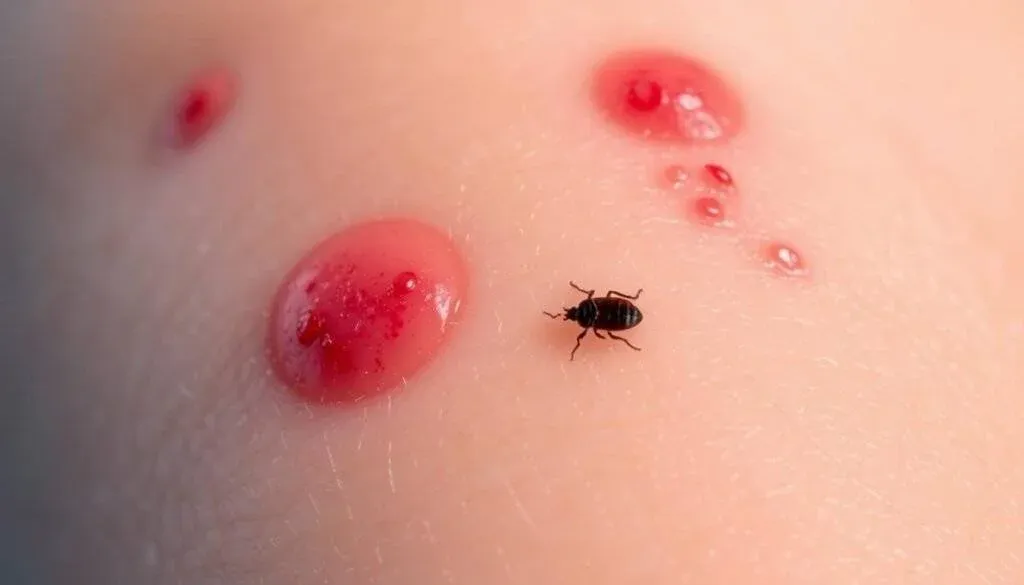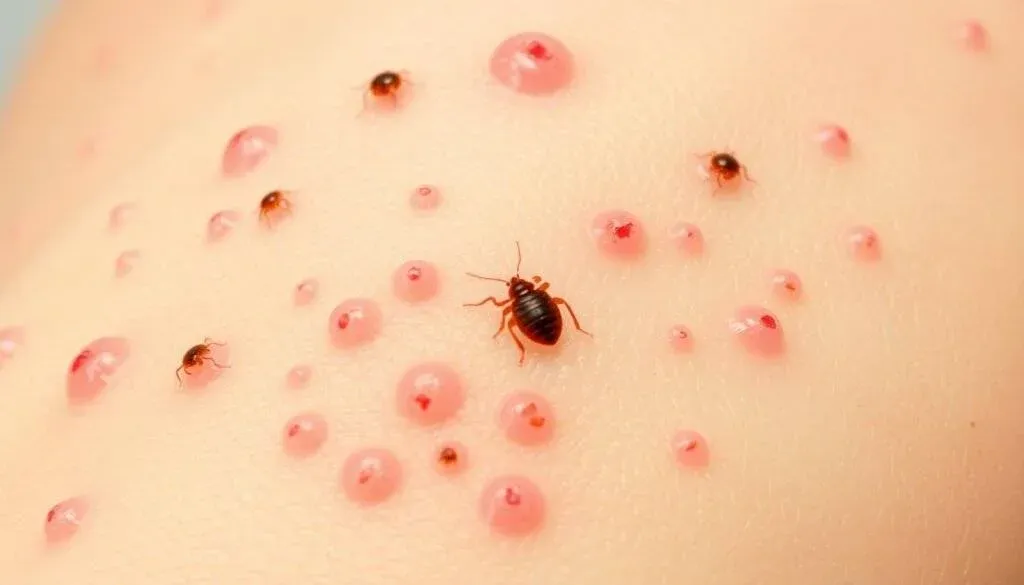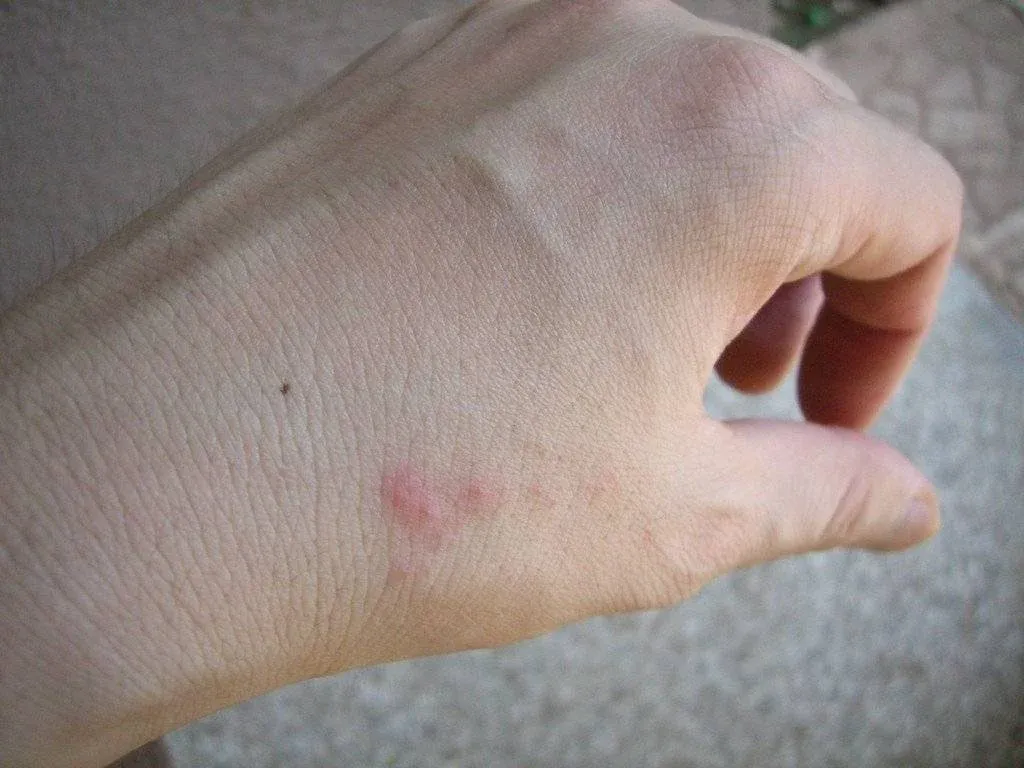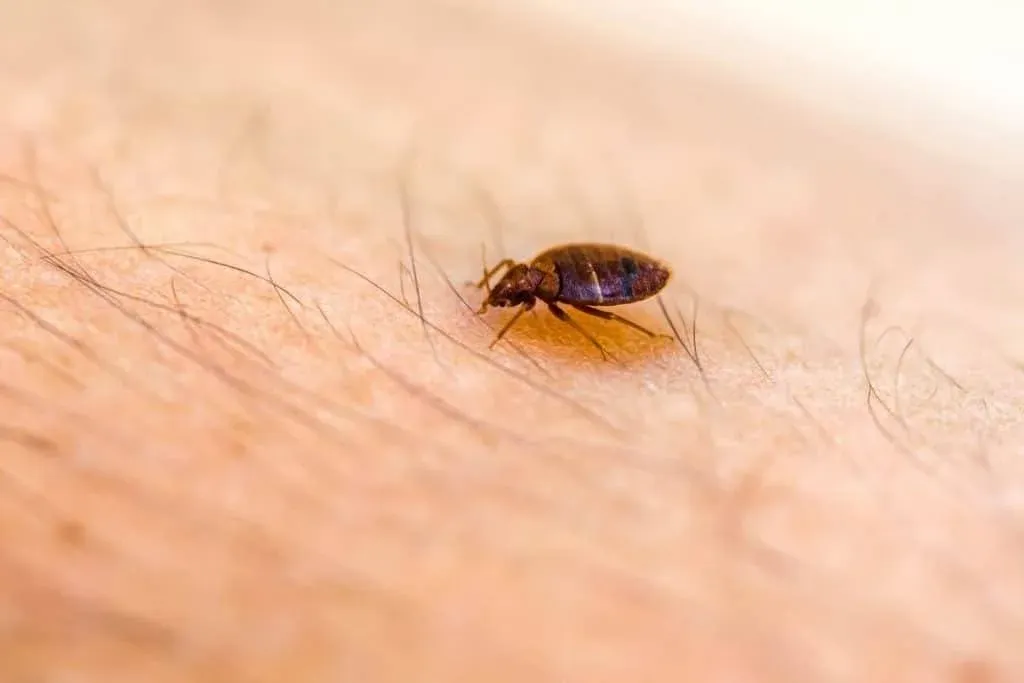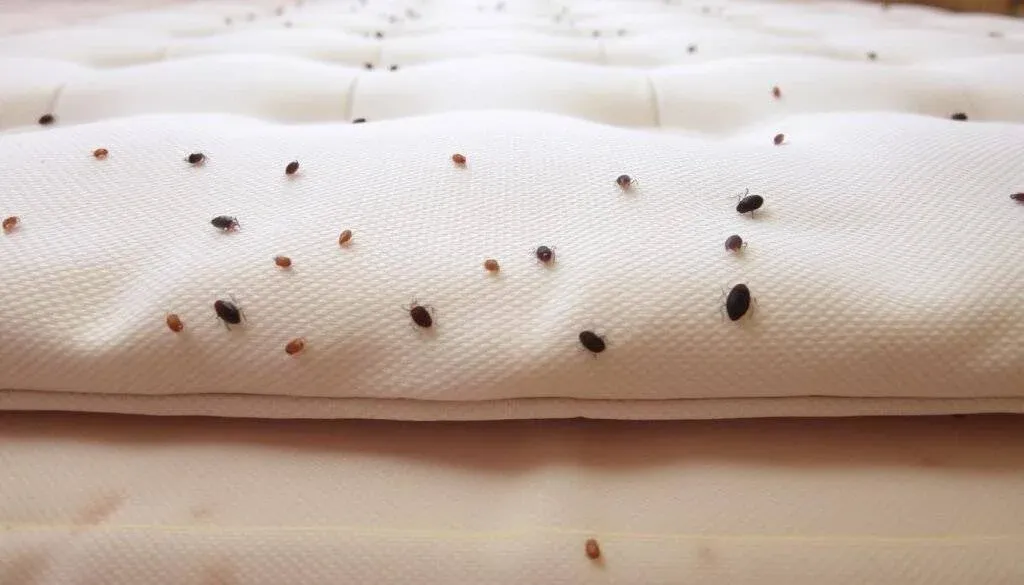Bed bug infestations have become a rising concern in many parts of the world, affecting not only homes but also hotels and public spaces. While most people experience only temporary discomfort, many still wonder: can bed bug bites cause long term skin problems? The answer depends on how your body reacts, how the bites are treated, and whether complications arise from scratching or infections.
Understanding Bed Bug Bites
Bed bugs are small insects that feed on human blood, usually at night. Their bites often appear as small red welts or clusters, usually on exposed areas like arms, legs, and the face. For most people, the itching and irritation last only a few days. However, in some cases, these reactions can linger, raising concerns about whether bed bug bites cause long term skin problems.
The initial reaction to a bite is an allergic response to the bug’s saliva. Some individuals have mild symptoms, while others may develop more intense swelling, rashes, or blisters. This variation in sensitivity is a key factor in determining the risk of prolonged skin issues.
Short-Term Effects
The most common short-term effects include redness, swelling, and itching. Scratching often worsens the irritation and increases the risk of infection. If a person scratches aggressively, bacteria can enter the skin, causing secondary infections like impetigo or cellulitis. Left untreated, these infections may leave scars, which is one way bed bug bites cause long term skin problems indirectly.
Can Bed Bug Bites Leave Scars?
For some, the bites fade within a week. But others may notice hyperpigmentation or dark marks that persist for weeks or even months. This is especially common in people with sensitive or darker skin tones. Persistent scratching can also lead to keloid scars, which are raised, thickened areas of skin. In such cases, the answer to whether bed bug bites cause long term skin problems is yes, though it is not the direct bite but rather the body’s healing process and external irritation that creates lasting marks.
Allergic Reactions and Chronic Skin Sensitivity
Another factor to consider is allergic response. While rare, some individuals develop severe allergic reactions to bed bug bites. These can include large welts, intense itching, and in extreme cases, hives or systemic reactions. Repeated exposure to bites may worsen sensitivity, making future reactions more severe. This heightened response may contribute to ongoing skin issues, suggesting that bed bug bites cause long term skin problems for a subset of people with strong allergic tendencies.
Psychological and Behavioral Effects
Interestingly, not all problems are physical. People who have experienced bed bug infestations sometimes develop anxiety, stress, or insomnia. Constant scratching from stress-related itching may extend the life of the skin lesions. These psychological effects can indirectly ensure that bed bug bites cause long term skin problems, even when the body would otherwise have healed.
Preventing Long-Term Skin Damage
The best way to avoid complications is through proper care of the bites. Cleaning the affected area with soap and water reduces infection risk. Applying anti-itch creams or natural remedies like aloe vera or tea tree oil can soothe irritation. Cold compresses also help control swelling. By minimizing scratching, you reduce the chance that bed bug bites cause skin problems such as scarring or pigmentation.
If symptoms worsen or do not heal within two weeks, consulting a dermatologist is recommended. Doctors may prescribe corticosteroid creams, antihistamines, or antibiotics if an infection has developed.
Preventing Future Bites
Since prevention is always better than cure, avoiding exposure is key. Inspect hotel rooms for signs of bed bugs, keep luggage elevated, and wash clothes in hot water after traveling. Using protective mattress covers at home can also help. By preventing infestations, you not only stop the annoyance of nightly bites but also reduce the possibility that bed bug bites cause problems.
Final Thoughts
So, can bed bug bites cause long-term skin problems? For most people, the answer is no—the irritation fades in a few days without leaving marks. However, for those with sensitive skin, allergic tendencies, or secondary infections, the effects can linger much longer, resulting in scars, pigmentation, or chronic irritation. The key lies in quick treatment, avoiding scratching, and preventing future infestations.
With awareness and proper care, you can protect your skin and ensure that a bed bug encounter does not leave lasting damage.


